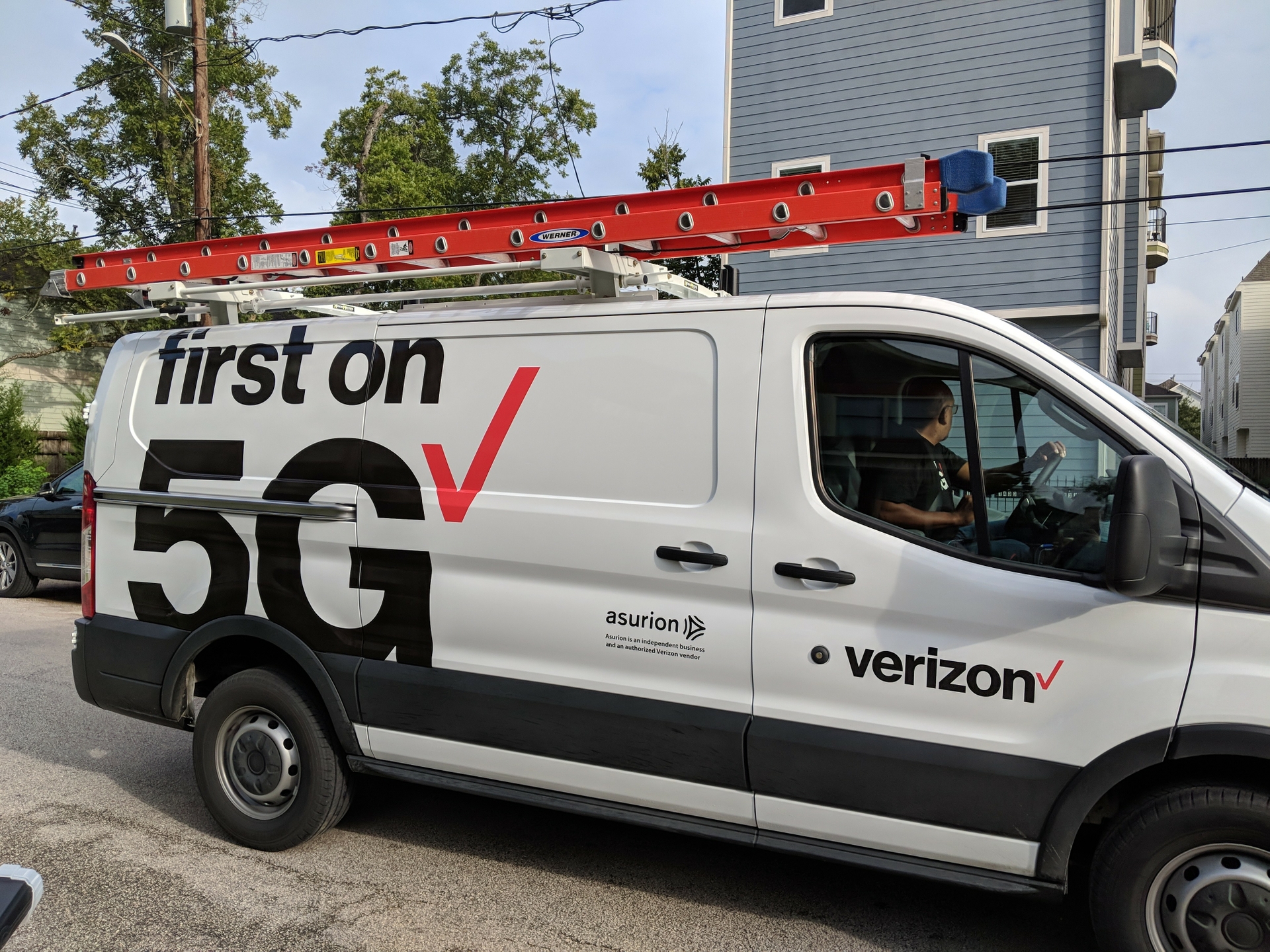AT&T and Verizon don’t want you knowing where you can *actually* get 5G
The US carriers are resisting the government’s efforts to reveal their 5G availability via coverage maps.

Get up to speed with 5G, and discover the latest deals, news, and insight!
You are now subscribed
Your newsletter sign-up was successful
AT&T and Verizon are fighting against any efforts to better map 5G availability, despite continuously boasting about the breadth of their 5G rollouts. Could this be because actual maps might break down their marketing hype?
“Not yet time”
"requiring 5G coverage maps in this early stage of 5G deployment could reveal sensitive information about cell site locations and even customer locations."
FCC filing.
The Federal Communications Commission (FCC) plans to require network carriers to submit accurate data about broadband deployment, including locations.
However, AT&T told the FCC in a joint filing this week that "there is broad agreement that it is not yet time to require reporting on 5G coverage."
The “broad agreement” is assumed to include AT&T, Verizon, T-Mobile, and Sprint.
AT&T's filing this week also complained that "requiring 5G coverage maps in this early stage of 5G deployment could reveal sensitive information about cell site locations and even customer locations, in cases where 5G is being deployed in high-band spectrum, for specific enterprise customers."
(We have approached AT&T to explain exactly how specific customer locations can be revealed by releasing coverage maps.)
Harsh reality
Whilst carriers such as AT&T 5G and Verizon 5G claim to have a huge 5G coverage, it appears that reality differs. For example, Verizon’s early 5G launch was criticised as being barely available. T-Mobile created an entire campaign against it, mockingly calling it “VerHIDEzon”.
Get up to speed with 5G, and discover the latest deals, news, and insight!
AT&T has also been criticised for overstating 5G availability. And all of this excess hype makes it more important than ever for consumers to have access to accurate 5G coverage maps.
Whilst the carriers claim the lack of information is for “security” reasons, the sceptics in the industry believe that they are hiding the bitter truth.
Ernesto Falcon, a lawyer with the Electronic Frontier Foundation, says that other reasons may be blame for the filing, saying, “The real reason is because 5G will be basically nowhere in a year from now. Most estimates I've seen is barely 10 percent of Americans will have access to 5G in three years from now."
- The pro's guide to 5G security
- Discover the best 5G phones
- Discover key dates with our 5G timeline
- What can we expect from 5G smart cities
- 5G dangers: the fact and the fiction
- Will 5G Internet replace fibre broadband?
Fiona discovered her love for investing and making money from a young age. Since then this interest has grown and now she loves writing about investing and business, and follows the 5G market closely. She is also a technology enthusiast, and so they tend to be her favourite investments.

